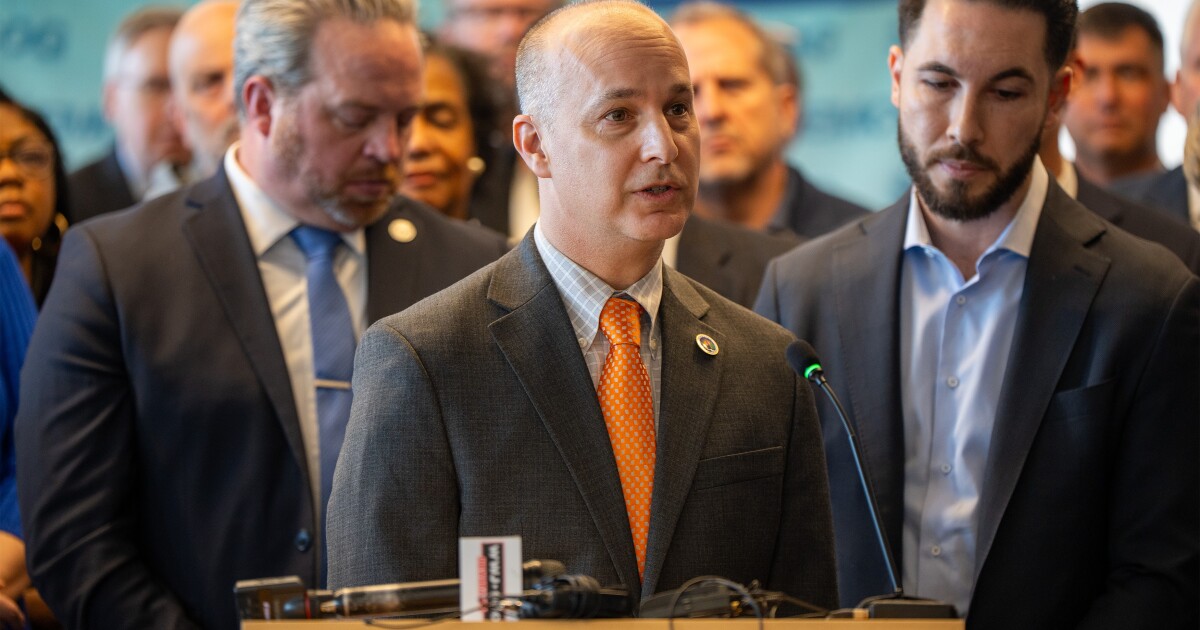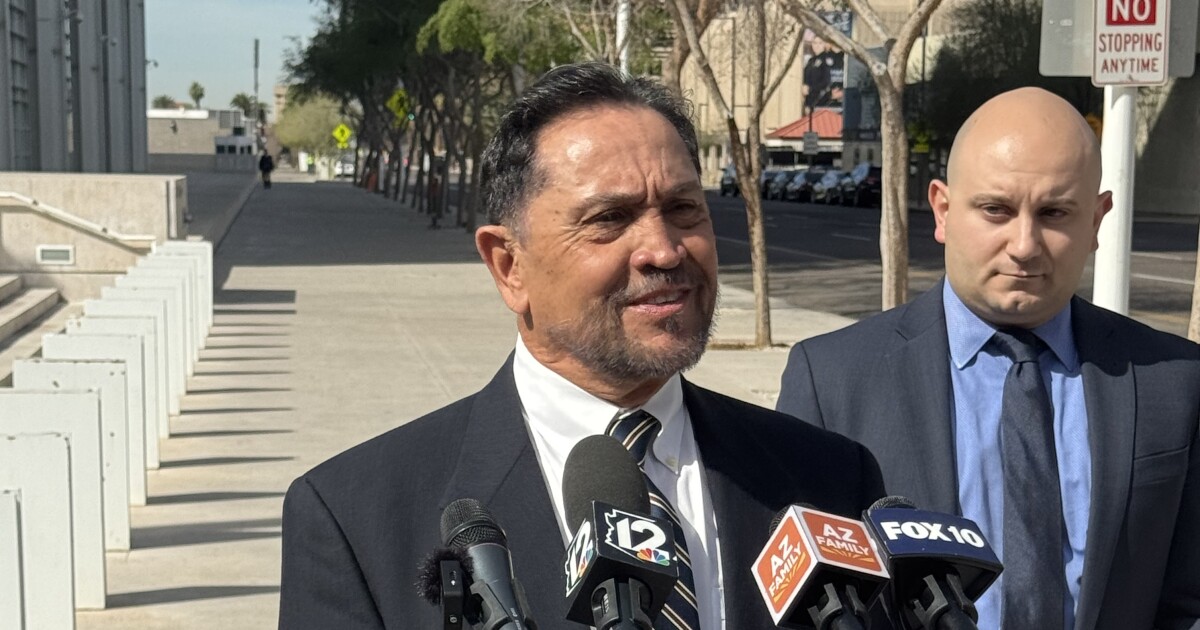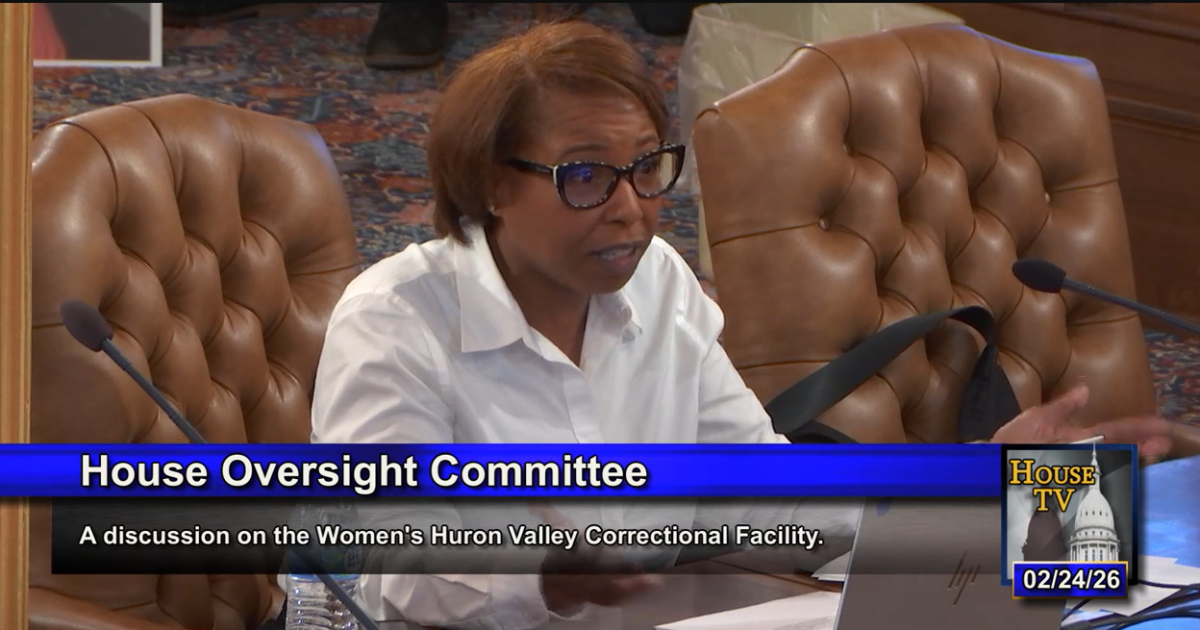HALIFAX COUNTY, N.C. — When Ivy McFarland traveled from Honduras to North Carolina to teach, she was surprised by the rural setting of Halifax County. After orientation in Chapel Hill, she realized her teaching post was much farther away, in a region dominated by farmland.
“I was like, ‘Oh my God, this is far,’” McFarland said upon arriving. Initially, she felt homesick, but nine years later, Halifax County has become her home.
The district faces a critical teacher shortage, relying heavily on international educators from countries like Jamaica, the Philippines, and Honduras. Everetts Elementary, where McFarland teaches, has 17 teachers, only two of whom are American. Across the district, 101 of 156 educators hail from abroad.
“We’ve tried recruiting locally, and it just has not worked for us,” said Carolyn Mitchell, executive director of human resources for the district. Due to its rural nature, Halifax struggles to attract local teachers. Nationwide, rural areas face a similar crisis as fewer students enroll in teaching programs, leaving schools short-staffed, especially in subjects like math and special education.
Federal support for rural schools has dwindled, exacerbating the issue. This year, the Department of Education eliminated teacher residency grants, and President Trump imposed a $100,000 fee on new H-1B visa applications, a vital resource for hiring international teachers. A lawsuit challenges this fee, citing teacher shortages.
Most of Halifax’s international teachers work under H-1B visas, allowing them a five-year stay, with the potential for a green card. Some hold J-1 visas, which permit a three-year stay, extendable by two years, after which they must return home. The district shifted to H-1B visas to reduce turnover, but some educators still leave for better-paying districts.
International teachers face challenges like limited transportation. Mishcah Knight, from Jamaica, relies on carpooling due to a lack of credit history to buy a car. In the absence of public transit, she depends on a single taxi driver in the area.
Personal sacrifices are also part of the job. Nar Bell Dizon, a music teacher from the Philippines, left his family behind and only sees them during summer breaks. Despite such difficulties, he feels more settled after three years of teaching.
Chastity Kinsey, principal of Everetts Elementary, values the contributions of international teachers. “I know the benefit the teachers bring to the classroom,” Kinsey said. After initial adjustments, these educators excel, significantly improving student performance.
Rural schools, like those in Bunker Hill, Illinois, and Everett, Pennsylvania, also face severe teacher shortages. Positions remain unfilled for years, leading to reliance on long-term substitutes. Efforts to retain teachers include pairing them with mentors and offering educational support. Superintendent Todd Dugan emphasizes the importance of teacher involvement in decision-making to foster retention.
Solutions proposed by the National Rural Education Association include creating specific visa tracks for educators and exempting schools from the H-1B fee. Such measures aim to stabilize federal support and address the rural teacher shortage.
Ivy McFarland, having adapted to Halifax County, remains committed to making a difference through education. “For me, being here, there’s a reason for it. I see the difference I can make,” she said.
—
Read More Kitchen Table News










